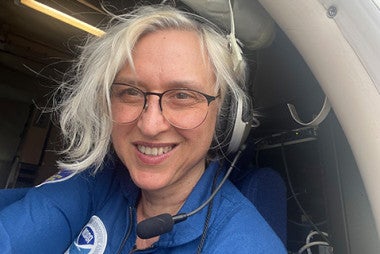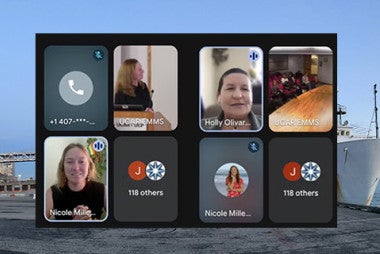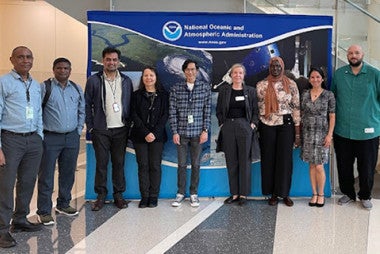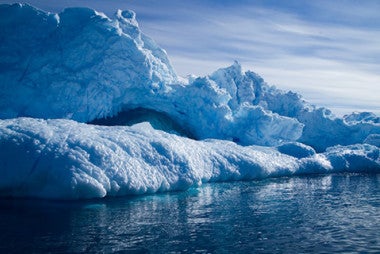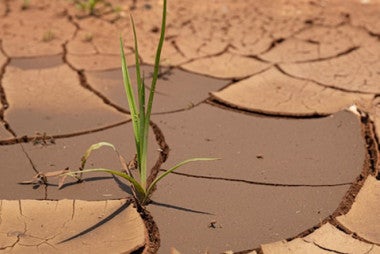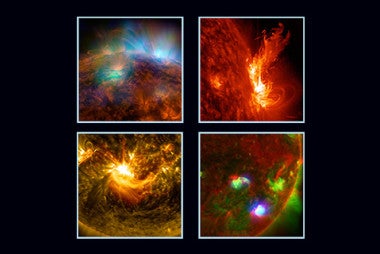OceanUQ Summer School Supports Hands-On Learning for Graduate Students
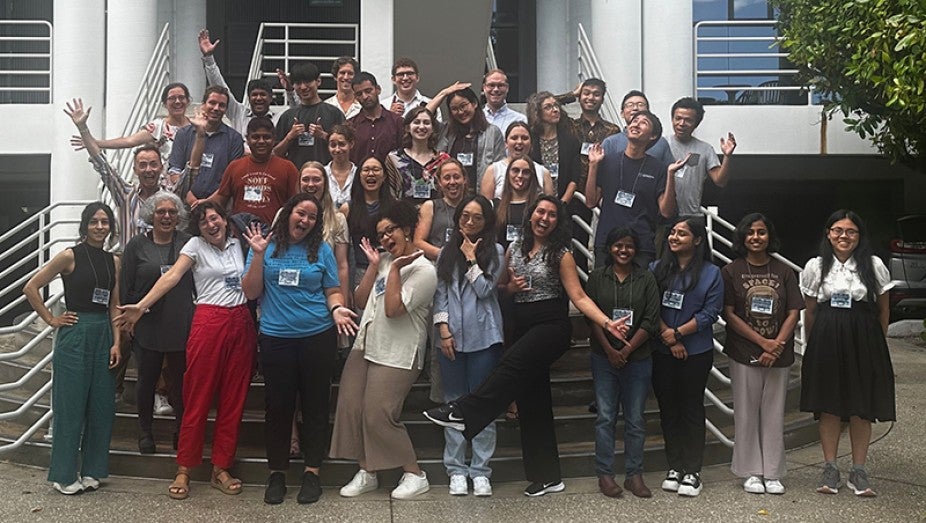
Graduate students studying oceanography, atmospheric science, engineering, statistics, and data science came together for a week of learning and networking at the Ocean Uncertainty Quantification Summer School organized by the Working Group on Ocean Uncertainty Quantification of the US Climate Variability and Predictability Program.
The idea for an OceanUQ Summer School emerged as a priority of the US CLIVAR Uncertainty Quantification Working Group to train the next generation of physical scientists to work with, and address uncertainties in, ocean and climate data.
It is understood that ocean data – including in situ, remotely sensed observations, and modeled data – are generally estimates and as a result, contain some uncertainties. That is, there may be some error or uncertainty in measurements due to differences in instrument calibration, sample bias, model inadequacies, or user errors. Quantifying uncertainties in data estimates helps researchers develop a baseline for understanding and developing best practices for using those data, thereby increasing their usefulness to other scientists.
The selection committee was looking for a diverse, cross-section of students from different educational backgrounds. Those invited to participate in the OceanUQ Summer School are pursuing graduate degrees in fields such as oceanography, atmospheric science, engineering, computational science, statistics, and data science.
Early in the week, each student gave a flash talk on their research that described challenges of using ocean data in their field of study and how a greater understanding of uncertainty quantification would benefit them.
Morning lectures highlighted practical applications of ocean data of interest to attendees such as time series and spatial statistics, using mapping to estimate changes in ocean heat, and using machine learning for data assimilation. Members of the Ocean Uncertainty Quantification Working Group, along with local faculty and experts, delivered talks and led the activities. Following the lectures, students engaged in programming activities to apply and reinforce learning related to that day’s lecture.
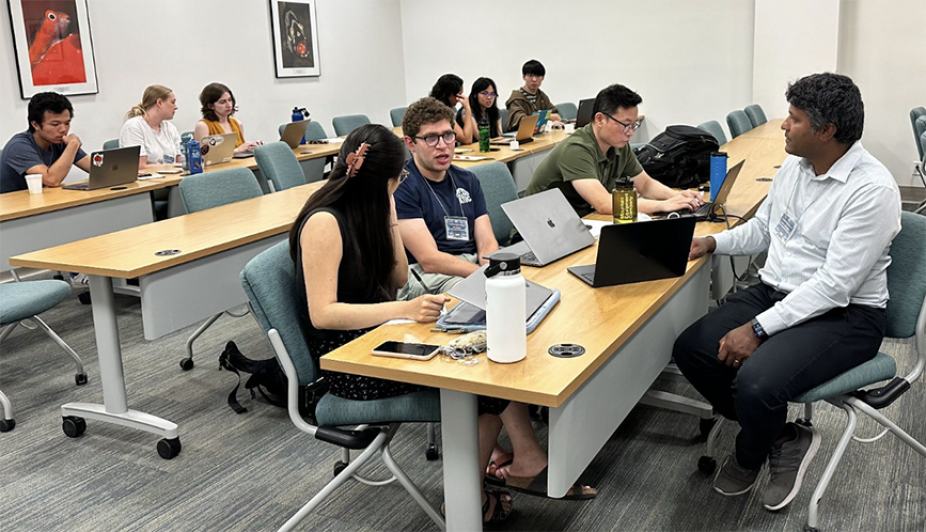
Following the lectures, graduate students in the OceanUQ Summer School engaged in programming activities and discussions to apply and reinforce learning related to that day’s lecture.
For example, one computer-based activity involved comparing measurements from two established sea surface temperature products that are used to track changes in ocean temperature over time and the ocean’s role in climate. The first, the NOAA Global Drifter Program, is a network of satellite-tracked drifting buoys that have been providing ocean temperature estimates since 1979. The second, the NASA Multi-scale Ultra-high Resolution Sea Surface Temperature Analyses, is a dataset of satellite measurements dating to 1981. Another activity involved building a Kalman filter, a type of algorithm that helps pinpoint uncertainties and inaccuracies in measurement.
“Quantifying and communicating such uncertainties is crucial to fully understand data and its implications, especially as it relates to climate change. Uncertainty estimates make the data complete,” said Shane Elipot, co-chair of the Ocean Uncertainty Quantification Working Group and research associate professor in the Rosenstiel School’s Department of Ocean Sciences. “This [was] a very unique opportunity for the next generation of scientists in our fields to hear from and interact with the experts currently working on ocean and climate data uncertainties and their impacts on climate assessments and predictions.” (Source)
Students received full travel support to attend the OceanUQ Summer School sponsored by NASA, the National Oceanic and Atmospheric Administration (NOAA), the National Science Foundation (NSF), the Department of Energy (DoE), and the University of Miami Rosenstiel School of Marine, Atmospheric and Earth Science. The University of Miami Institute for Data Science Computing provided the computer architecture for programming activities.
